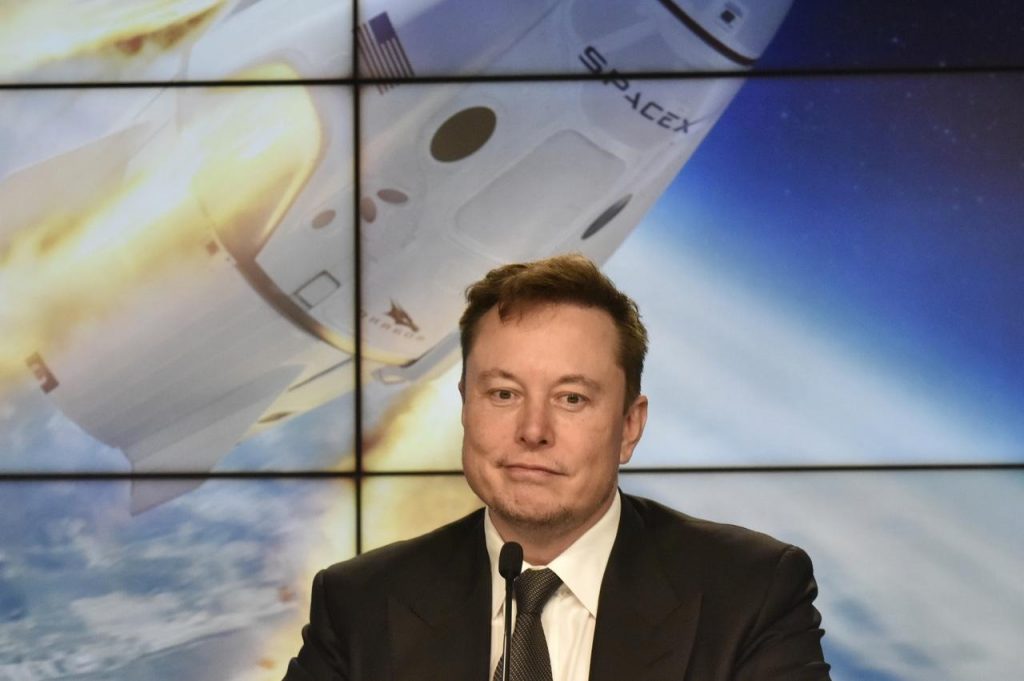Elon Musk is expected to defend a $2.2 billion (1.75 billion pounds) deal in court next week criticized by shareholders as benefiting Musk at the expense of Tesla Inc (TSLA.O), and the outcome may depend as much on the chief executive’s temperament as on the facts of the case.
The electric vehicle maker’s unconventional CEO has shown two sides in recent court proceedings — one polite and respectful, the other evasive and taunting.
It remains to be seen which Musk will show up on Monday at a Delaware court, the nation’s leader on corporate issues, when he squares off against union pension funds and asset managers who claim they were misled about the benefits of Tesla buying SolarCity in 2016 for $2.2 billion.
Getting it wrong could cost Musk more than $1 billion.
“If you seem arrogant in court, you may be signing your own economic death warrant,” said John Coffee, a securities professor at Columbia Law School.
This may be particularly true in Delaware’s Court of Chancery, with roots in medieval England and known for its decorum.
Musk and his lawyers did not respond to a request for comment.
Smashing corporate norms has come to define Musk, who has a cult-like following for his ambitious vision, battles with short-sellers and disdain for “boring bonehead questions” from analysts.
In the Delaware case, shareholders claim SolarCity, a rooftop solar energy company, was secretly on the brink of bankruptcy when Tesla purchased it. They argue the deal benefited Musk, SolarCity’s largest shareholder, his cousins who co-founded the firm, and Tesla directors who owned stakes in SolarCity.
Investors want Musk to surrender the 2.2 million shares of Tesla he received in the deal, which on Thursday were worth about $1.2 billion.
Musk has countered that Tesla’s stock has tripled since the deal, demonstrating its value. SolarCity has withered because its staff were redirected towards launching the Model 3 sedan, a make-or-break product for Tesla, not because the solar business lacked value, according to Musk.
The Tesla directors who approved the deal settled allegations against themselves in January for $60 million, which was paid from insurance. They denied wrongdoing.
Musk has dug in his heels.
During a June deposition, Musk clashed with shareholder lawyer Randy Baron, calling him “reprehensible,” doubting his emotional well-being and avoiding many questions.


